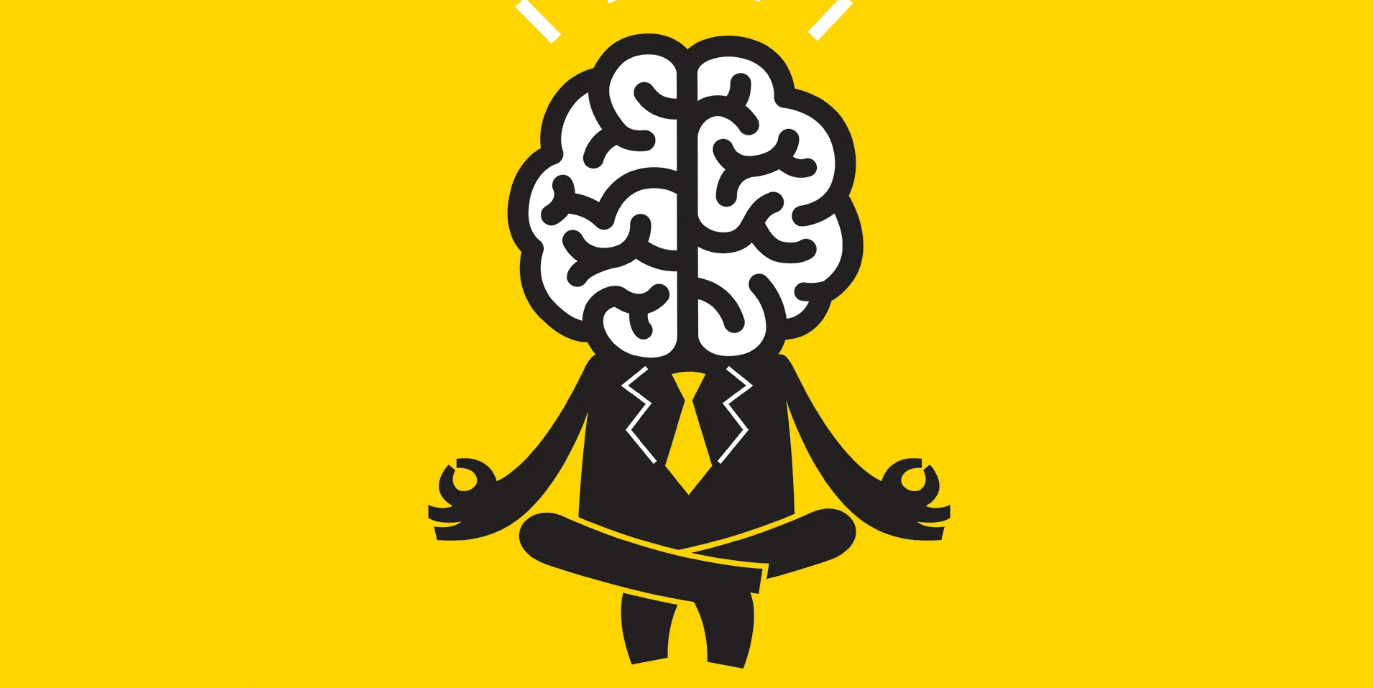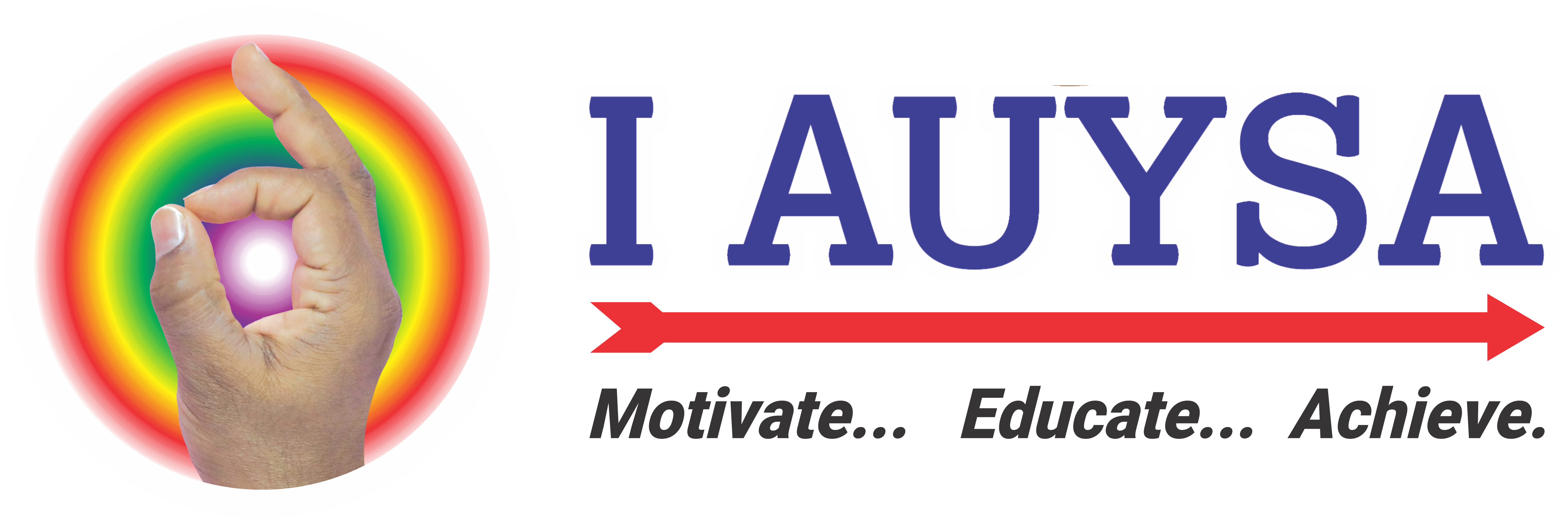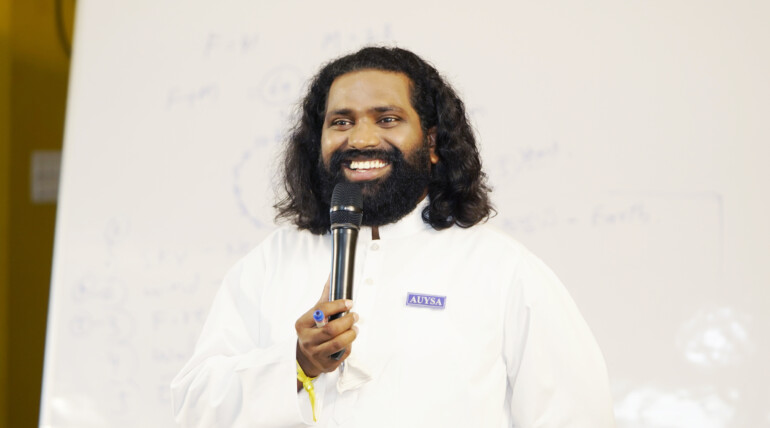
Critical Thinking Skills
What is critical thinking?
Critical thinking is intellectually disciplined process of actively and skillfully conceptualizing, applying, analyzing, synthesizing, and/or evaluating information gathered from, or generated by, observation, experience, reflection, reasoning, or communication, as a guide to belief and action.
Critical thinking is the analysis of available facts, evidence, observations, and arguments to form a judgment. It includes the rational, skeptical, and unbiased analysis or evaluation of factual evidence.
Critical thinking is the analysis of an issue or situation and the facts, data or evidence related to it. Critical thinking is to be done objectively without influence from personal feelings, opinions or biases and it focuses solely on factual information.
Critical thinking is a skill that allows you to make logical and informed decisions to the best of your ability.
Critical thinking is the ability to think clearly and rationally, understanding the logical connection between ideas. Critical thinking has been the subject of much debate and thought since the time of early Greek philosophers such as Plato and Socrates and has continued to be a subject of discussion into the modern age.
Critical thinking might be described as the ability to engage in reflective and independent thinking.
Critical thinking is thinking about things in certain ways so as to arrive at the best possible solution in the circumstances that the thinker is aware of. It is a way of thinking about particular things at a particular time.
Critical thinking involves reviewing the results of the application of decisions made and implementing change where possible.
The key critical thinking skills:
- Analysis,
- Interpretation,
- Inference,
- Explanation,
- Self-regulation,
- Open-mindedness,
- Problem-solving.
- Identifying biases
- Determining relevance
Benefits of Critical Thinking Skills
Critical thinking will enable you to better express your thoughts, ideas, and beliefs. Better communication helps others to understand you better, resulting in less frustration for both of you. Critical thinking fosters creativity and out-of-the-box thinking that can be applied to any area of your life
Someone with critical thinking skills can:
• Understand the links between ideas.
• Determine the importance and relevance of arguments and ideas.
• Recognize, build and appraise arguments.
• Identify inconsistencies and errors in reasoning.
• Approach problems in a consistent and systematic way.
• Reflect on the justification of their own assumptions, beliefs, and values.





